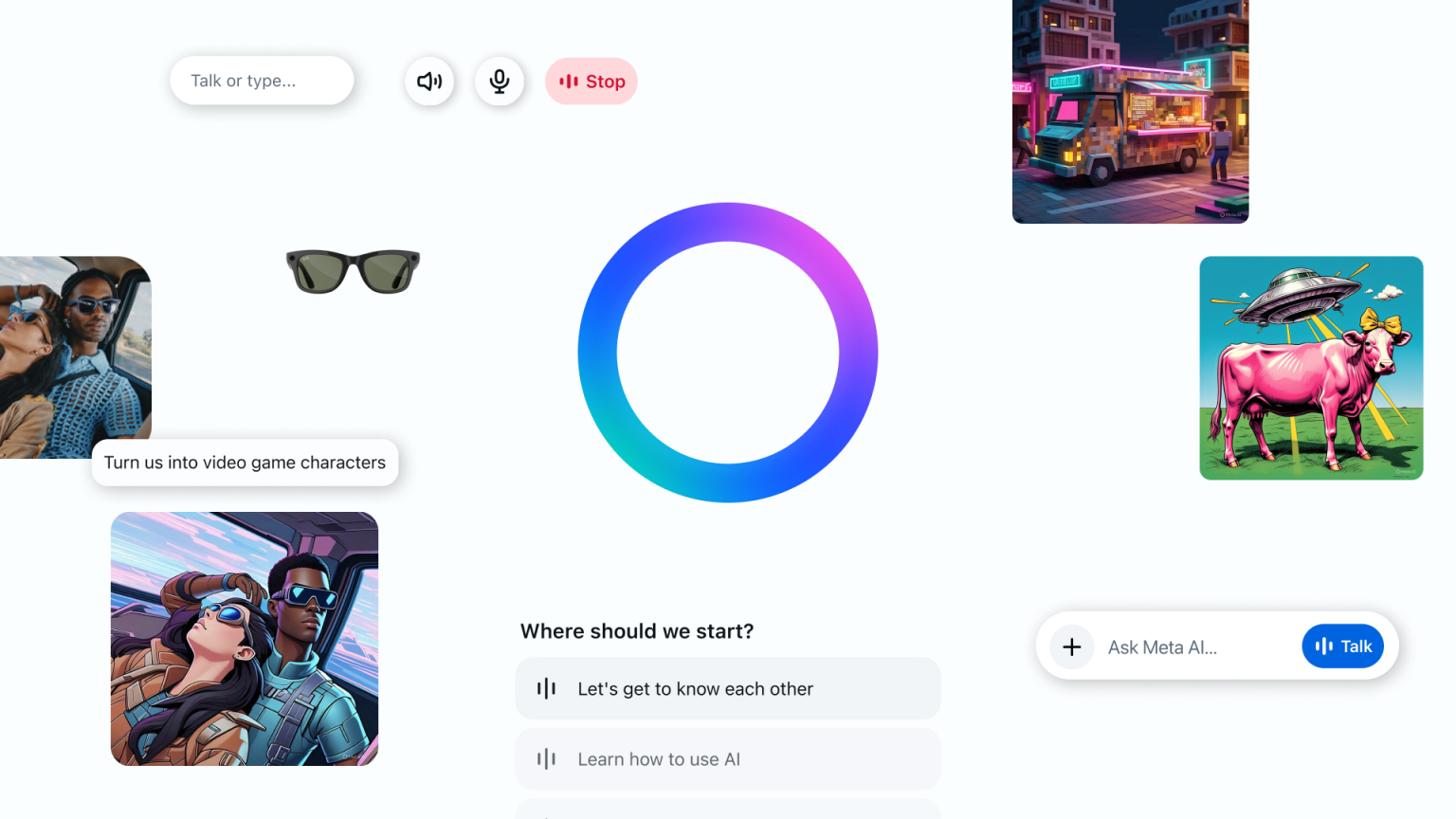Facebook has introduced a groundbreaking feature that promises to enhance your photo-sharing experience. This new button allows Meta's AI to delve into your phone's camera roll, analyzing photos you have not yet uploaded to the platform. While it offers creative suggestions and uncovers hidden gems, it also sparks significant privacy concerns. Before you click that opt-in button, understanding the implications is vital.
What Is the Facebook AI Button for Camera Roll Access?
Facebook's latest innovation, rolled out to users in the US and Canada, is an opt-in AI tool designed to make your photos more shareworthy. By granting access to your device's camera roll, the AI scans images and videos that remain private on your phone. It then suggests edits, enhancements, or even prompts you to share overlooked content. According to reports from sources like The Verge, this feature uploads selected media to Meta's servers on an ongoing basis to facilitate these suggestions.
The button appears within the Facebook app, inviting users to enable it for personalized recommendations. Meta claims this helps improve its AI models while providing value to users. However, the process involves transmitting data that was previously offline, blurring the lines between personal storage and cloud-based analysis.
Key Benefits of Meta AI Photo Suggestions Feature
One of the primary appeals of this Facebook AI button is its ability to breathe new life into forgotten photos. Imagine scrolling through your feed and receiving notifications about a stunning sunset shot from last year that the AI deems perfect for posting after minor tweaks. The tool uses advanced algorithms to suggest creative edits, such as color corrections, filters, or even AI-generated enhancements.
For content creators and casual users alike, this could streamline the sharing process. No more manual digging through thousands of images; the AI does the heavy lifting. Meta positions this as a way to boost engagement on the platform, potentially increasing user retention and activity. Early adopters report discovering "hidden gems" that they might have otherwise ignored, leading to more vibrant profiles.
Privacy Risks with Facebook AI Accessing Unuploaded Photos
Despite the conveniences, the privacy implications are profound. When you opt in to the Meta AI photo access, your camera roll becomes fair game for analysis. Photos that you never intended to share could be uploaded to Meta's cloud servers. This raises questions about data security and usage. What happens to these images once they are in Meta's possession? Could they be used to train broader AI models beyond just your personal suggestions?
Critics point out that even though it's opt-in, the feature might not fully disclose the extent of data collection. For instance, if a photo contains location data or facial recognition elements, that information travels with it. In an era of data breaches and surveillance concerns, allowing AI to peek into your private library could expose sensitive content. Users in regions with strict privacy laws, like the EU, might see variations, but for US and Canadian audiences, the rollout emphasizes voluntary participation without mandatory transparency on long-term data retention.
Why Read Terms and Conditions Before Opting In to Facebook AI Feature
This is where the crux of the matter lies: always read the terms and conditions. Facebook's updated policies for this AI button outline how your data will be handled, but they are often buried in lengthy legal jargon. Key clauses might specify that uploaded photos contribute to AI training datasets, potentially anonymized but still derived from your personal content.
Failing to review these can lead to unintended consequences. For example, if you later decide to opt out, what happens to the data already shared? Meta's history with privacy scandals, such as Cambridge Analytica, underscores the importance of informed consent. By carefully examining the fine print, you can weigh the benefits against risks like data monetization or third-party sharing. Experts recommend looking for sections on data usage, retention periods, and revocation rights.
How to Safely Use Meta AI Camera Roll Integration
If you are intrigued by the Facebook AI button but wary of privacy pitfalls, there are steps to mitigate risks. First, review your device's permissions; ensure the app only accesses what is necessary. Second, opt in selectively, perhaps testing with a limited set of photos. Third, stay updated on Meta's privacy settings, which allow customization of AI interactions.
Additionally, consider alternatives like local AI editing apps that process images on-device without uploading. Tools from competitors or open-source options provide similar enhancements without the cloud dependency. For those deeply concerned, disabling the feature entirely preserves your camera roll's sanctity.
Facebook AI Button and Broader Implications for Social Media Privacy
This development is part of a larger trend where AI integration in social platforms blurs personal and public boundaries. Meta's push aligns with its vision for an AI-driven ecosystem, but it amplifies calls for better regulation. Advocacy groups urge users to demand clearer disclosures and opt-out mechanisms.
Comparatively, platforms like Instagram (also under Meta) have similar features, but this Facebook rollout targets a broader demographic. As AI evolves, features like this could become standard, making privacy vigilance essential. Users should engage with community forums and feedback channels to influence future updates.
Future of AI in Photo Sharing and User Control
Looking ahead, Meta's AI advancements could extend to real-time suggestions or collaborative editing. However, user control remains paramount. By prioritizing transparency, Meta can build trust. For now, the button represents both innovation and cautionary tale.
In conclusion, Facebook's new AI button offers exciting possibilities for photo enhancement but demands careful consideration. Reading terms and conditions empowers you to make informed choices, safeguarding your privacy in the digital age. Whether you embrace it or steer clear, awareness is your best defense.
Read More

